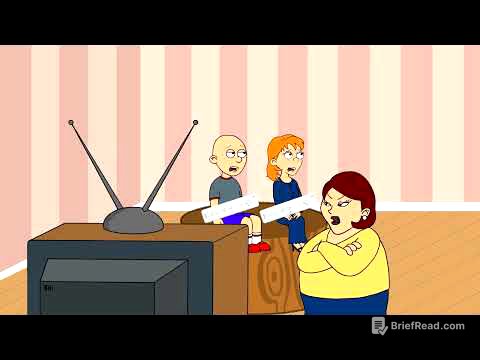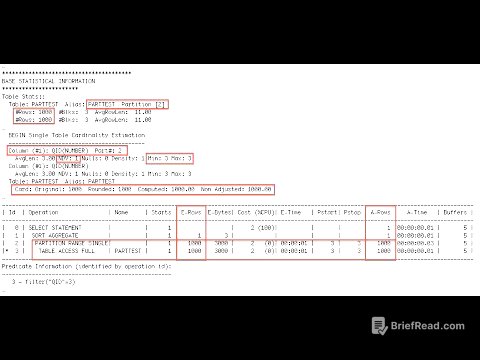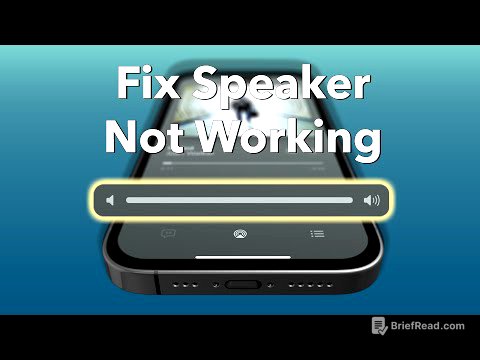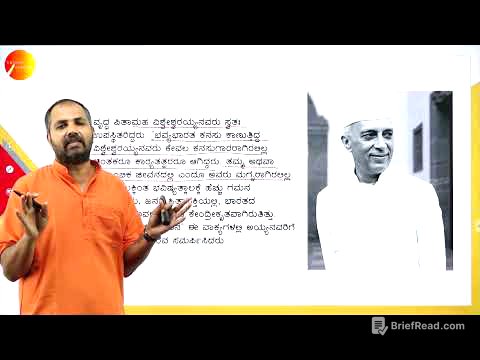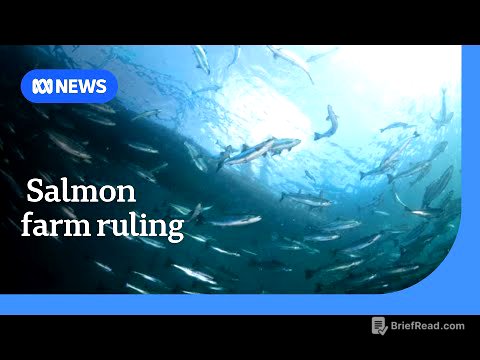TLDR;
This video explains the L.E.A.N. formula (Lift, Eat protein, Avoid starvation, Never skip sleep) for losing fat without sacrificing muscle mass. It emphasizes the importance of resistance training, adequate protein intake, smart calorie deficits, and sufficient sleep to maintain muscle while burning fat effectively.
- Lift weights to stimulate muscle growth and prevent muscle loss.
- Eat enough protein, distributed throughout the day, to support muscle repair and growth.
- Avoid extreme calorie restriction to prevent the body from breaking down muscle for energy.
- Never skip sleep, as it is crucial for recovery, hormone balance, and muscle preservation.
Lift to Keep Your Muscle [0:57]
To prevent muscle loss, it's essential to engage in regular resistance training. Muscles that aren't used will diminish, and the body will burn them for energy. Cardio or increased protein intake alone isn't sufficient. Consistent weightlifting or resistance exercises are necessary to challenge your muscles, especially as you age and experience anabolic resistance, where the body becomes less responsive to food and movement. A simple approach involves two to four resistance workouts per week, focusing on functional movements like squats, lunges, rows, and presses. Aim for two to three sets of 8-12 reps (or 50 seconds straight) with a 30-90 second break between sets. The weight doesn't need to be heavy, but it should challenge you.
Eat Enough Protein [3:23]
Protein intake is crucial for protecting muscle mass, especially as the body becomes less responsive to protein with age due to anabolic resistance. Many older adults don't meet the minimum protein target, which is often too low for maintaining muscle. It's important to spread protein intake throughout the day, aiming for 25-35 grams per meal, or roughly 0.5 to 0.7 grams per pound of body weight. Additionally, ensure you're getting enough leucine, an amino acid that signals muscle building. Older adults need about 2.5 to 3 grams of leucine per meal, achievable through sources like 4-6 ounces of burger, 6 ounces of chicken breast, three to four whole eggs, or a combination of lentils/beans and quinoa.
Avoid Starvation [6:03]
While fasting can be a useful tool for fat loss, extreme calorie restriction can lead to muscle loss. When the body doesn't receive enough energy, it breaks down muscle to compensate. A smart, gradual calorie deficit is preferable to an extreme one. A deficit of 300-500 calories per day can be achieved by eliminating snacking and focusing on balanced, clean meals with fats, protein, and fiber. Rotational fasting, which involves easing the body into lower calorie intake, is a gentler approach. During fasting, consider "dirty fasting" by incorporating clean protein or fats through liquids like protein coffee with butter or coconut oil to minimize insulin spikes while still providing essential nutrients. The goal is to eat enough to burn fat without sacrificing muscle.
Never Skip Sleep [9:41]
Sleep plays a critical role in weight and muscle management. A study showed that individuals who slept five hours instead of eight lost 60% more muscle, despite having the same diet, workout routine, and total weight loss. Sleep deprivation increases cortisol levels, leading to muscle breakdown and fat storage, particularly around the belly. It also disrupts hunger hormones, increasing cravings for sugar and making it harder to stick to a clean eating plan. Aim for 7-9 hours of sleep per night in a cool, dark, and quiet room. Power down screens an hour before bed to allow your body to enter healing mode.

